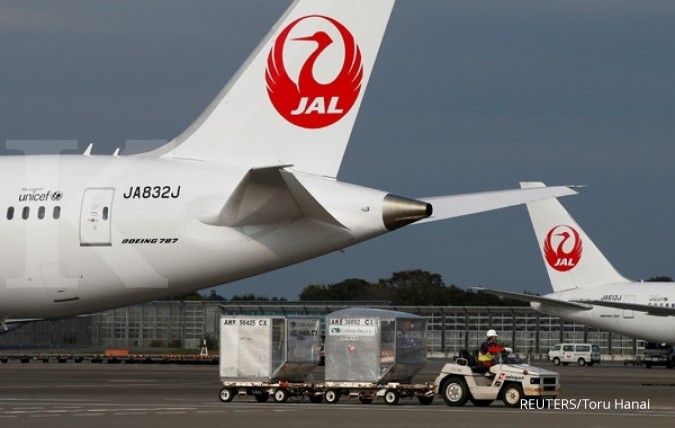The tragedy occurred late in the evening when the Jeju Air flight, en route to its destination, encountered severe difficulties during landing. Witnesses reported hearing loud, unsettling noises moments before the aircraft went down. Emergency responders were dispatched immediately, but despite their efforts, the crash claimed 179 lives, making it one of the deadliest aviation incidents in recent years.
Initial reports indicate that adverse weather conditions, including heavy rain and strong winds, may have played a critical role in the accident. Additionally, there are questions about potential mechanical failures that could have contributed to the tragedy. Investigators are now working tirelessly to examine black box recordings and other critical evidence to determine the exact cause.
The Impact on South Korea: The loss has sent shockwaves through the South Korean community, with families grieving their loved ones and the nation collectively mourning the victims. Jeju Air, one of South Korea’s largest low-cost carriers, has pledged its full cooperation with the investigation and has extended condolences to those affected. Memorial services and tributes are being organized to honor the deceased.
This disaster has reignited discussions about aviation safety standards, especially for budget airlines. Authorities have promised stricter regulations and more rigorous safety checks to prevent such tragedies in the future.
Aviation Safety on High Alert: This incident serves as a somber reminder of the importance of prioritizing safety in the aviation industry. Experts urge airlines and regulators worldwide to consistently evaluate and upgrade safety measures to protect passengers and crew. As investigations progress, the hope remains that lessons learned from this tragedy will help avert similar disasters in the future.











Leave a Reply